Duncan C McElfresh
Matching Algorithms for Blood Donation
Aug 13, 2021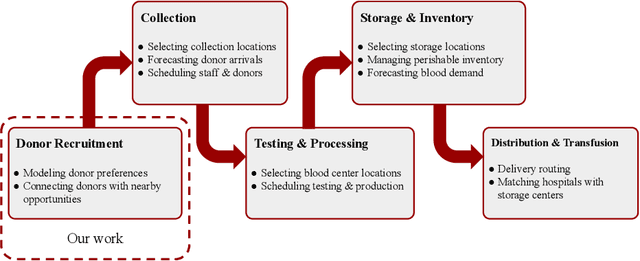

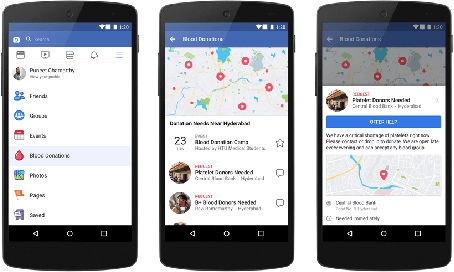

Abstract:Global demand for donated blood far exceeds supply, and unmet need is greatest in low- and middle-income countries; experts suggest that large-scale coordination is necessary to alleviate demand. Using the Facebook Blood Donation tool, we conduct the first large-scale algorithmic matching of blood donors with donation opportunities. While measuring actual donation rates remains a challenge, we measure donor action (e.g., making a donation appointment) as a proxy for actual donation. We develop automated policies for matching donors with donation opportunities, based on an online matching model. We provide theoretical guarantees for these policies, both regarding the number of expected donations and the equitable treatment of blood recipients. In simulations, a simple matching strategy increases the number of donations by 5-10%; a pilot experiment with real donors shows a 5% relative increase in donor action rate (from 3.7% to 3.9%). When scaled to the global Blood Donation tool user base, this corresponds to an increase of around one hundred thousand users taking action toward donation. Further, observing donor action on a social network can shed light onto donor behavior and response to incentives. Our initial findings align with several observations made in the medical and social science literature regarding donor behavior.
Indecision Modeling
Dec 15, 2020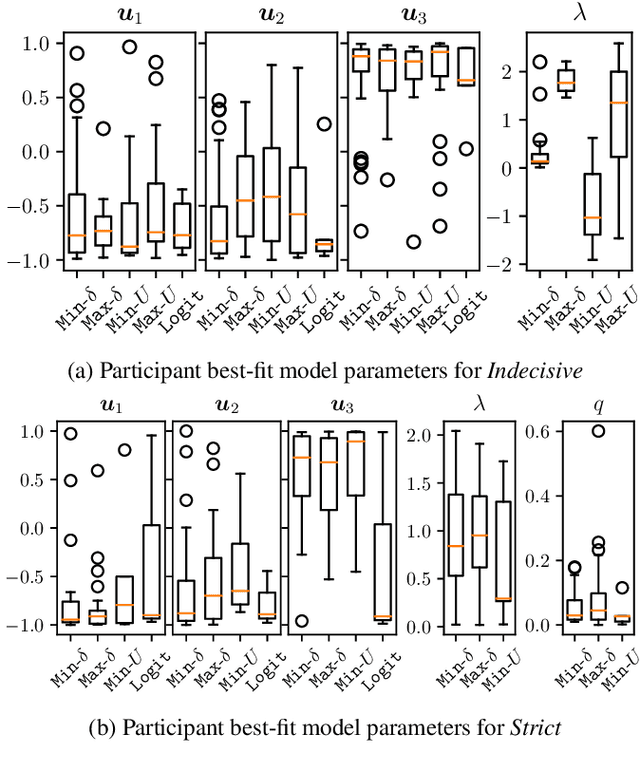

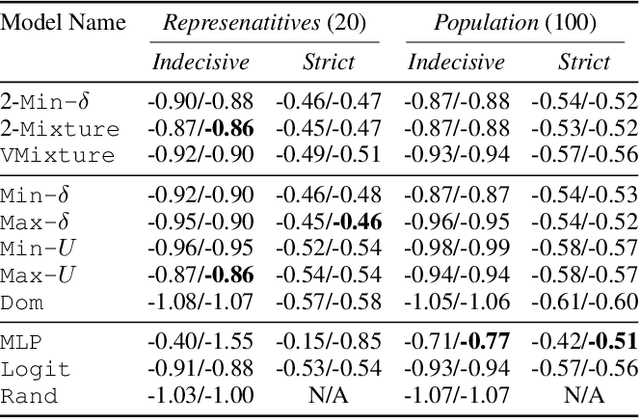
Abstract:AI systems are often used to make or contribute to important decisions in a growing range of applications, including criminal justice, hiring, and medicine. Since these decisions impact human lives, it is important that the AI systems act in ways which align with human values. Techniques for preference modeling and social choice help researchers learn and aggregate peoples' preferences, which are used to guide AI behavior; thus, it is imperative that these learned preferences are accurate. These techniques often assume that people are willing to express strict preferences over alternatives; which is not true in practice. People are often indecisive, and especially so when their decision has moral implications. The philosophy and psychology literature shows that indecision is a measurable and nuanced behavior -- and that there are several different reasons people are indecisive. This complicates the task of both learning and aggregating preferences, since most of the relevant literature makes restrictive assumptions on the meaning of indecision. We begin to close this gap by formalizing several mathematical \emph{indecision} models based on theories from philosophy, psychology, and economics; these models can be used to describe (indecisive) agent decisions, both when they are allowed to express indecision and when they are not. We test these models using data collected from an online survey where participants choose how to (hypothetically) allocate organs to patients waiting for a transplant.
Improving Policy-Constrained Kidney Exchange via Pre-Screening
Oct 22, 2020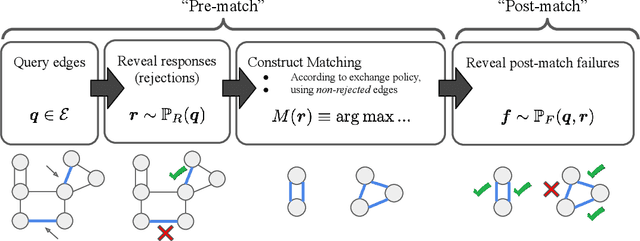

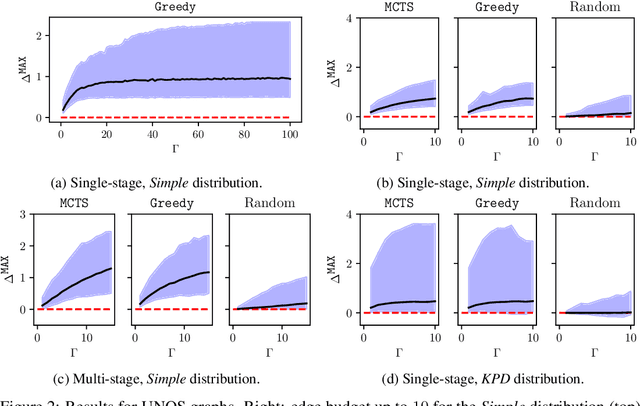
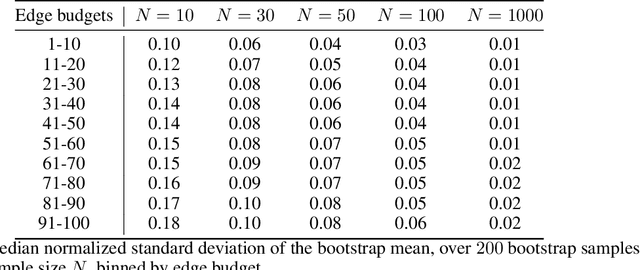
Abstract:In barter exchanges, participants swap goods with one another without exchanging money; exchanges are often facilitated by a central clearinghouse, with the goal of maximizing the aggregate quality (or number) of swaps. Barter exchanges are subject to many forms of uncertainty--in participant preferences, the feasibility and quality of various swaps, and so on. Our work is motivated by kidney exchange, a real-world barter market in which patients in need of a kidney transplant swap their willing living donors, in order to find a better match. Modern exchanges include 2- and 3-way swaps, making the kidney exchange clearing problem NP-hard. Planned transplants often fail for a variety of reasons--if the donor organ is refused by the recipient's medical team, or if the donor and recipient are found to be medically incompatible. Due to 2- and 3-way swaps, failed transplants can "cascade" through an exchange; one US-based exchange estimated that about 85% of planned transplants failed in 2019. Many optimization-based approaches have been designed to avoid these failures; however most exchanges cannot implement these methods due to legal and policy constraints. Instead we consider a setting where exchanges can query the preferences of certain donors and recipients--asking whether they would accept a particular transplant. We characterize this as a two-stage decision problem, in which the exchange program (a) queries a small number of transplants before committing to a matching, and (b) constructs a matching according to fixed policy. We show that selecting these edges is a challenging combinatorial problem, which is non-monotonic and non-submodular, in addition to being NP-hard. We propose both a greedy heuristic and a Monte Carlo tree search, which outperforms previous approaches, using experiments on both synthetic data and real kidney exchange data from the United Network for Organ Sharing.
Kidney Exchange with Inhomogeneous Edge Existence Uncertainty
Jul 07, 2020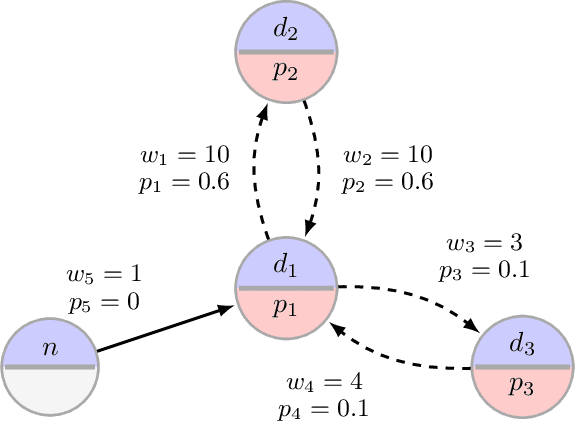

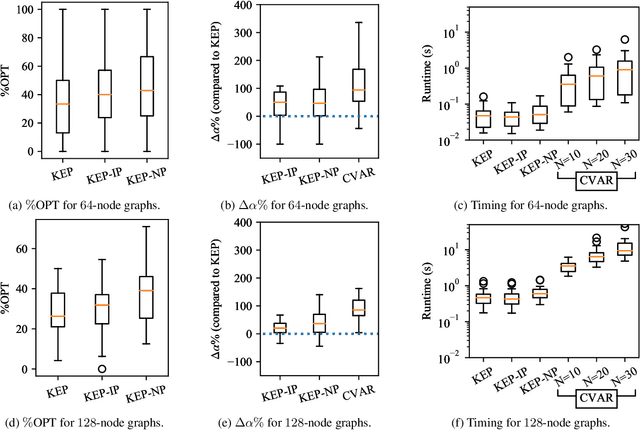
Abstract:Motivated by kidney exchange, we study a stochastic cycle and chain packing problem, where we aim to identify structures in a directed graph to maximize the expectation of matched edge weights. All edges are subject to failure, and the failures can have nonidentical probabilities. To the best of our knowledge, the state-of-the-art approaches are only tractable when failure probabilities are identical. We formulate a relevant non-convex optimization problem and propose a tractable mixed-integer linear programming reformulation to solve it. In addition, we propose a model that integrates both risks and the expected utilities of the matching by incorporating conditional value at risk (CVaR) into the objective function, providing a robust formulation for this problem. Subsequently, we propose a sample-average-approximation (SAA) based approach to solve this problem. We test our approaches on data from the United Network for Organ Sharing (UNOS) and compare against state-of-the-art approaches. Our model provides better performance with the same running time as a leading deterministic approach (PICEF). Our CVaR extensions with an SAA-based method improves the $\alpha \times 100\%$ ($0<\alpha\leqslant 1$) worst-case performance substantially compared to existing models.
Scalable Robust Kidney Exchange
Nov 08, 2018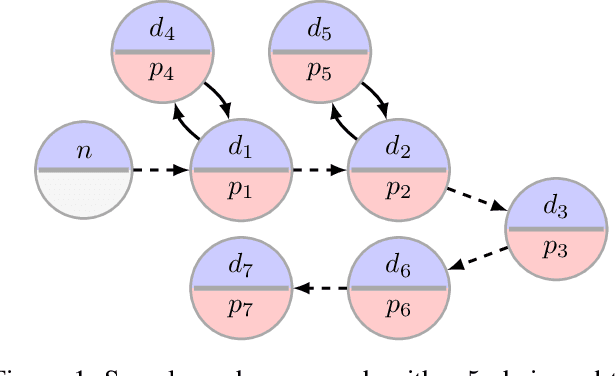
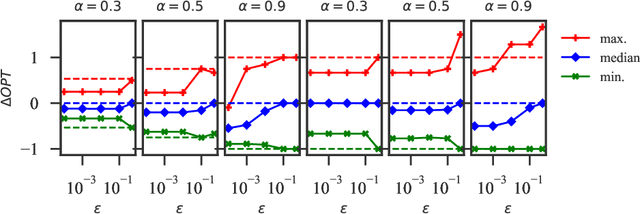
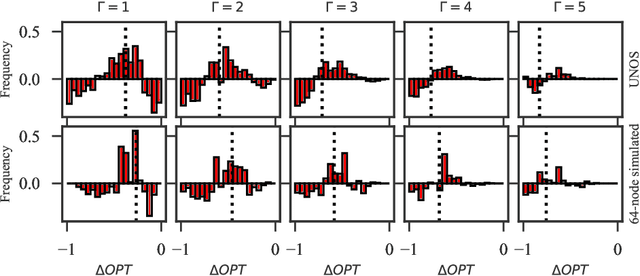
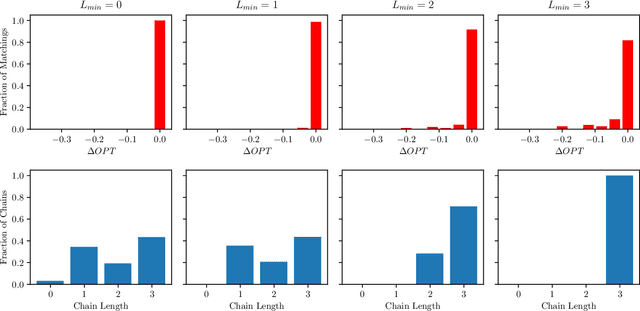
Abstract:In barter exchanges, participants directly trade their endowed goods in a constrained economic setting without money. Transactions in barter exchanges are often facilitated via a central clearinghouse that must match participants even in the face of uncertainty---over participants, existence and quality of potential trades, and so on. Leveraging robust combinatorial optimization techniques, we address uncertainty in kidney exchange, a real-world barter market where patients swap (in)compatible paired donors. We provide two scalable robust methods to handle two distinct types of uncertainty in kidney exchange---over the quality and the existence of a potential match. The latter case directly addresses a weakness in all stochastic-optimization-based methods to the kidney exchange clearing problem, which all necessarily require explicit estimates of the probability of a transaction existing---a still-unsolved problem in this nascent market. We also propose a novel, scalable kidney exchange formulation that eliminates the need for an exponential-time constraint generation process in competing formulations, maintains provable optimality, and serves as a subsolver for our robust approach. For each type of uncertainty we demonstrate the benefits of robustness on real data from a large, fielded kidney exchange in the United States. We conclude by drawing parallels between robustness and notions of fairness in the kidney exchange setting.
 Add to Chrome
Add to Chrome Add to Firefox
Add to Firefox Add to Edge
Add to Edge